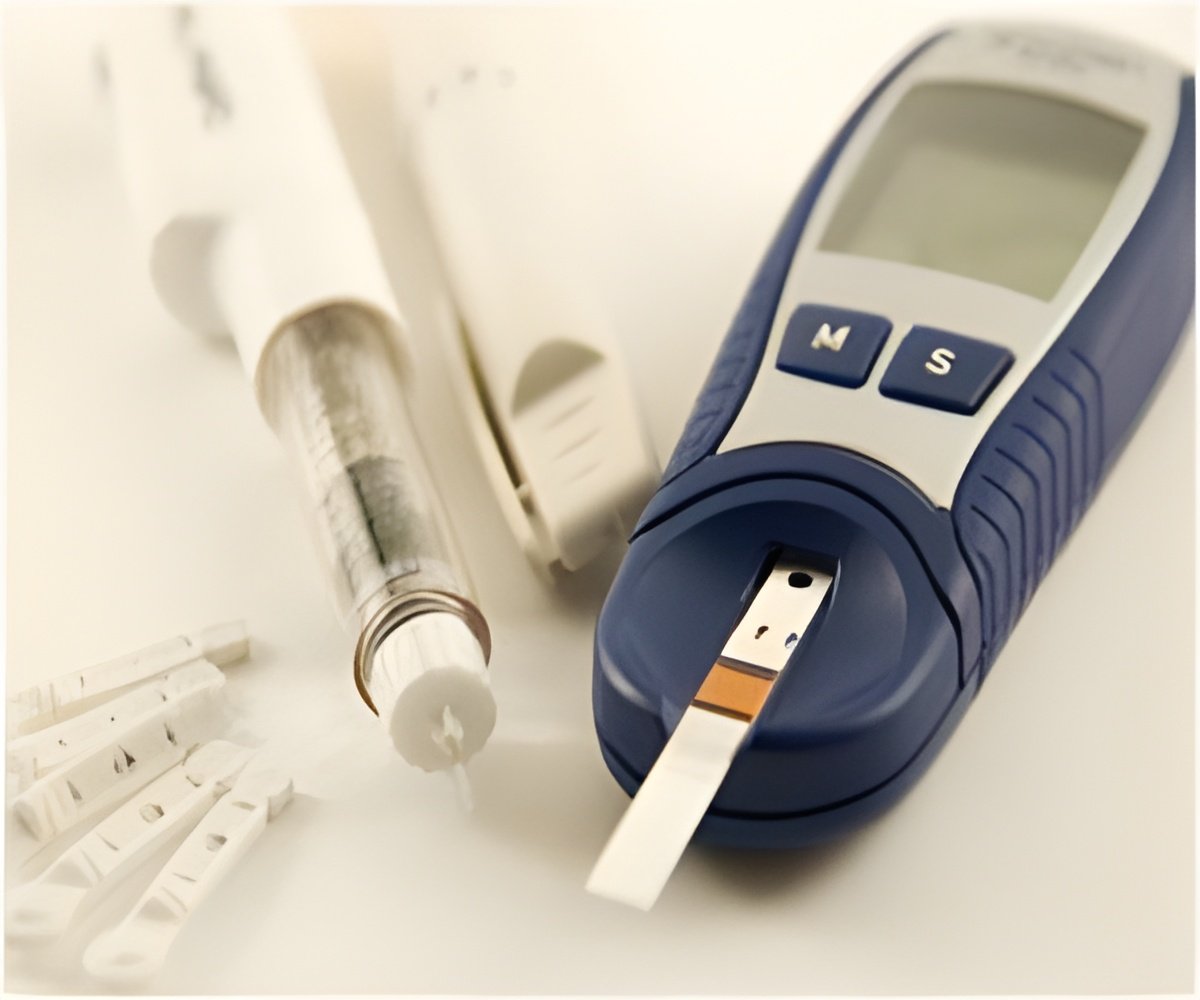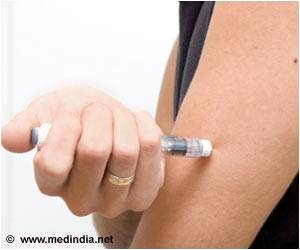Using sensors and insulin pump instead of multiple daily insulin injections could bring down average blood sugar levels in diabetics, according to a study.

"Combining the best technologies for insulin delivery and blood sugar monitoring really pays off for diabetes control," says Dr. Bruce Perkins, one of the co-authors of the study, endocrinologist at Toronto General Hospital and Assistant Professor at the University of Toronto.
"Being aware of continuous blood sugar trends and having the tools to do something about them can help committed patients of all ages self-manage their diabetes very well," he added.
Research conducted at 30 centres across North America, including Toronto General Hospital, found a significant decrease in average blood sugar levels (or A1c levels, which measure the average blood sugar levels over the past two or three months) from a baseline of 8.3 percent to 7.5 percent in the group using sensors and insulin pumps, compared to 8.3 percent to 8.1 percent in the multiple daily injection group, in one year.
The decrease in A1c levels in both adults and children occurred without an increase in the rate of severe hypoglycemia, or low blood sugar, a general problem among patients who are trying to achieve better control of their blood sugar.
Moreover, the proportion of participants who reached the A1c target of 7% or less was greater in the pump-therapy group than in the injection-therapy group.
Source-ANI
 MEDINDIA
MEDINDIA




 Email
Email










